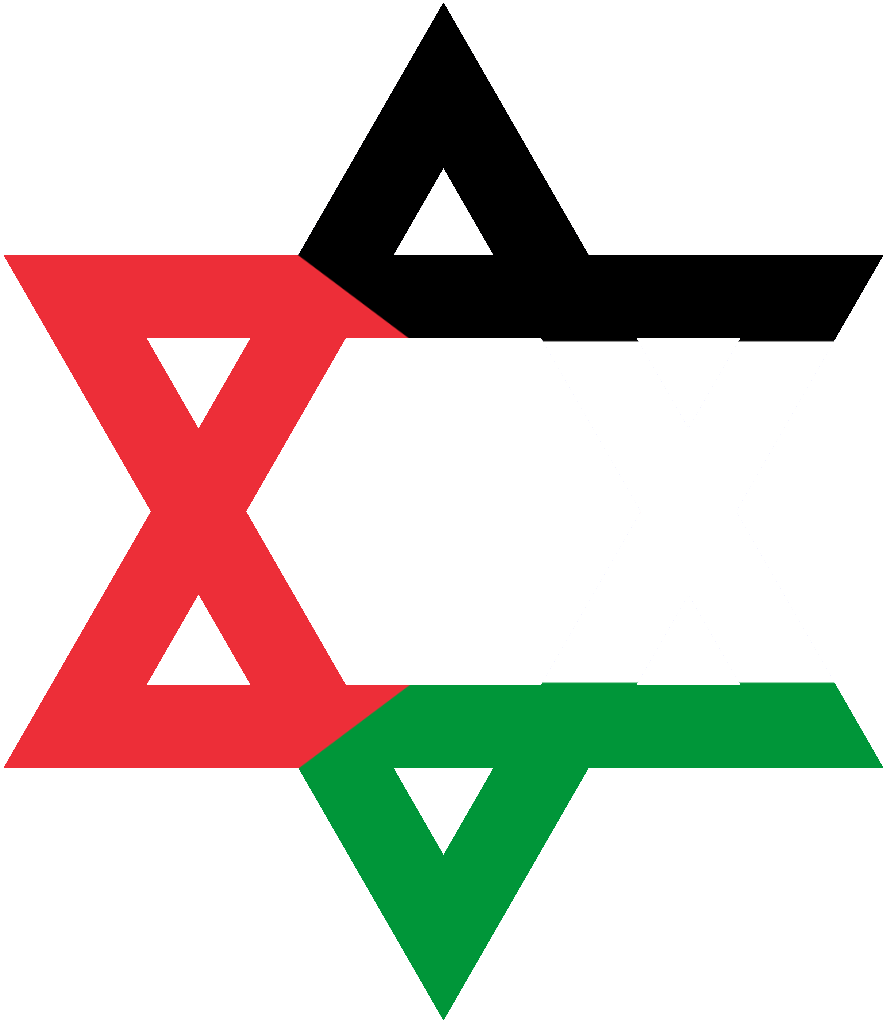I’m kind of embarrassed that we’re going to end up celebrating the New Year thirteen weeks late again! Oh well. We’ll beat you to the punch one of these days, as soon as we catch you off guard!
Anyway, here is some history that someone may find interesting: Rosh Hashanah with the Early Israelites. Quote:
Part of the new year celebration ritual in ancient Near Eastern cultures was the solemn procession of the god, whose image would be removed from the temple precinct, paraded, and then returned to it. This ritual served a practical function, since the god’s quarters needed to be purified—a practice referred to in the Bible with the verbs kappēr and ṭahēr, and associated with Yom Kippur, also part of the New Year season.[28]
In addition, it gave the god’s many non-priestly and non-royal worshipers direct access to the deity, unavailable to them during the year. In the Babylonian New Year festival, the king is reported to have taken the god Marduk “by the hand,” leading the image back into the temple.
In Israel and Judah, a similar ritual appears to have taken place with the portable shrine in which YHWH was mysteriously present.[29] The Ark proceeded amid acclamation (tĕrûᴄâ) and blasts of the horn (qôl šōpār, 2 Samuel 6:15). In the premonarchic period, this would have been led by the priests, while in the monarchic period, the king would have taken a leading rôle in these proceedings.
A fine illustration of the king’s rôle is preserved in the narrative about David’s transfer of the Ark to Jerusalem (2 Samuel 6). Donned like a priest in a linen ephod, David led the Ark to its resting-place. Although the story narrates a one-time event, it is modeled after the annual procession of the Ark.[30] In a similar manner, the Judean kings would have taken the lead in the procession of the Ark.
The participation of the king was a powerful means to consolidate the position of the human king, with rather obvious political implications: G‐d was king on high, and the monarch was his deputy on earth. The few psalms that celebrate the human ruler as G‐d’s son on earth (such as Psalms 2 and 110) likely originated in the context of the New Year celebration. Certainly, the presentation of the king as a priestly figure (Psalm 110:4) is entirely in keeping with his rôle in the procession.

